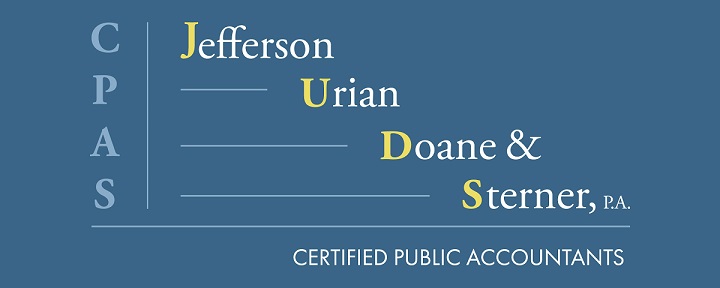How are Series EE savings bonds taxed?

Savings bonds are purchased by many Americans, often as a way to help fund college or show their patriotism. Series EE bonds, which replaced Series E bonds, were first issued in 1980. From 2001 to 2011, they were designated as “Patriot Bonds” as a way for Americans “to express support for our nation’s anti-terrorism efforts,” according to the U.S. Treasury Department.
Perhaps you purchased some Series EE bonds many years ago and put them in a file cabinet or safe deposit box. Or maybe you bought them electronically and don’t think about them often. You may wonder: How is the interest you earn on EE bonds taxed? And if they reach final maturity, what steps do you need to take to ensure there’s no loss of interest or unanticipated tax consequences?
How interest accrues
Series EE bonds don’t pay interest currently. Instead, the accrued interest is reflected in the redemption value of the bond. The U.S. Treasury issues tables showing the redemption values.
The interest on EE bonds isn’t taxed as it accrues unless the owner elects to have it taxed annually. If an election is made, all previously accrued but untaxed interest is also reported in the election year. In most cases, this election isn’t made, so bond holders receive the benefits of tax deferral.
If the election to report the interest annually is made, it will apply to all bonds and for all future years. That is, the election cannot be made on a bond-by-bond or year-by-year basis. However, there’s a procedure under which the election can be canceled.
If the election isn’t made, all the accrued interest is finally taxed when the bond is redeemed or otherwise disposed of (unless it was exchanged for a Series HH bond).
Note: Interest on EE bonds isn’t subject to state income tax. And using the money for higher education may keep you from paying federal income tax on the interest.
Reaching final maturity
One of the main reasons for buying EE bonds is the fact that interest can build up without having to currently report or pay tax on it. Unfortunately, the law doesn’t allow for this tax-free buildup to continue indefinitely. When the bonds reach final maturity, they stop earning interest.
Series EE bonds issued in January 1994 reached final maturity after 30 years, in January 2024. That means that not only have they stopped earning interest, but all the accrued and as yet untaxed interest is taxable in 2024.
If you own EE bonds (paper or electronic), check the issue dates on your bonds. If they’re no longer earning interest, you probably want to redeem them and put the money into something more profitable. One option is Series I bonds, which feature an interest rate based on inflation. Contact us if you have any questions about savings bond taxation.
© 2024





